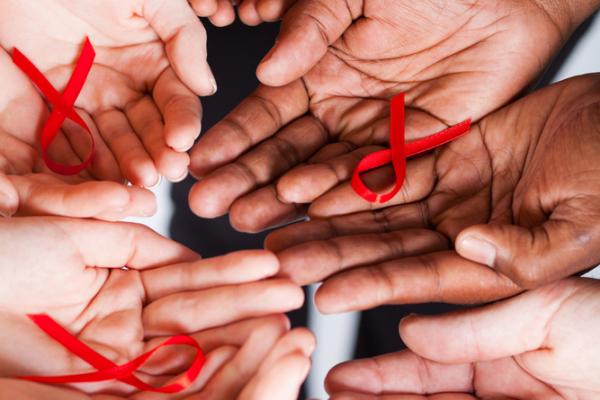During the past 30 years, the AIDS pandemic has provided an unfortunate opportunity to follow God’s call to care for the widow and orphan. Husbands succumb to illness, leaving behind wives and children who also carry the disease. Mothers die, leaving behind children without care, and too often is the case that those children — who could have avoided in utero transmission of HIV with proper medical care — also die. Entire families are lost.
This Sunday marks the 25th anniversary of World AIDS Day. This day is not simply about wearing a red ribbon to show solidarity in the fight against AIDS. Instead, it is an opportunity to address the tough issues presented by HIV, such as how those disproportionately affected by the disease mirror society’s most marginalized populations — the poor and women — and how faith-based communities can best serve those populations.
Read the Full Article

